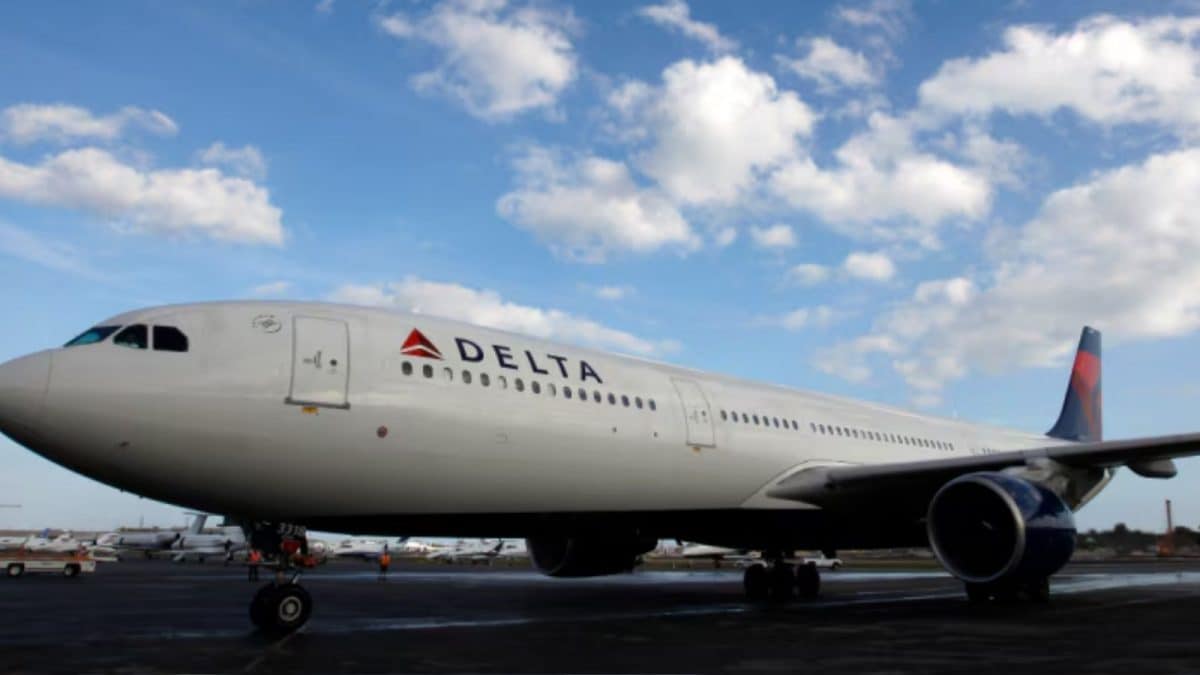ARTICLE AD BOX

Silicon Valley AI startups are increasingly embracing China's controversial "996" work schedule, demanding employees work 12-hour days, six days a week–totaling 72 hours weekly. The trend marks a dramatic shift from the tech industry's once-celebrated
work-life balance
culture to an "extremely hardcore" approach that mirrors practices China itself has outlawed.AI startup Rilla explicitly warns job applicants not to apply unless they're "excited" about working approximately 70 hours per week. The company provides all meals at their office, including Saturdays, with nearly all 80 employees adhering to the punishing schedule. "There's a really strong and growing subculture of people, especially in my generation–Gen Z–who grew up listening to stories of Steve Jobs and Bill Gates," explained Will Gao, Rilla's head of growth.The 996 model–9 AM to 9 PM, six days a week–originated in China's tech sector but sparked massive protests and accusations of "modern slavery" before being declared illegal by Chinese authorities in 2021. Despite these negative associations, American startups are openly adopting both the schedule and its notorious nickname as they race to compete in the global AI landscape.
Tech leaders push 'extremely hardcore' work culture
The resurgence of
extreme work schedules
echoes Elon Musk's infamous ultimatum to X employees, demanding they commit to "extremely hardcore" working conditions or leave with severance. Similarly, Google co-founder Sergey Brin recently recommended 60-hour weeks as the "sweet spot" for productivity among Gemini team members.Some founders are creating two-tiered employment structures around the demanding schedule. San Francisco telehealth company Fella & Delilah offered staff a 25 percent pay increase and doubled equity for those willing to adopt 996 hours, with just under 10 percent of employees accepting the arrangement.According to Wired's investigation, recruitment specialist Adrian Kinnersley has witnessed the trend's rapid growth across multiple startup clients. "It's becoming increasingly common," he noted, with companies requiring candidates to commit to 996 schedules before interviews. Kinnersley has even registered the domain "996careers.com" in anticipation of continued demand.
Global AI race drives Silicon Valley's hour-intensive push
The extreme work culture surge stems partly from Silicon Valley's desire to compete with China in artificial intelligence development. This urgency intensified after Chinese startup DeepSeek released AI models rivaling top American offerings, shocking leading AI laboratories and highlighting the global competitive landscape.UK venture capitalist Harry Stebbings argues that 996 schedules may not be sufficient, claiming China now operates on "007"–midnight to midnight, seven days weekly with rotational workforces. "If you want to build a $100 million company, you can do it on five days a week. But if you want to build a $10 billion company, you have to work seven days a week," Stebbings contended.The phenomenon extends beyond individual companies, with American workers showing more enthusiasm for extended schedules than their European counterparts. "People in Europe seem shocked when you ask them to work the weekend," Stebbings observed, highlighting cultural differences in work expectations.
Legal concerns mount over labor law compliance
Employment compliance experts warn that many 996-adopting companies appear "wildly noncompliant" with US labor laws. California, the epicenter of
AI development
and 996 culture adoption, maintains the nation's most employee-friendly employment regulations, creating potential legal liabilities for non-compliant startups.Despite reservations about worker exploitation and legal risks, industry observers don't expect the trend to diminish. The combination of AI competition pressure, willing Gen-Z workers inspired by tech founder mythology, and the promise of substantial financial rewards continues driving Silicon Valley's embrace of China's controversial work culture–even as China itself moves away from these practices.



.png)
.png)
.png)
















 2 hours ago
3
2 hours ago
3









 English (US) ·
English (US) ·